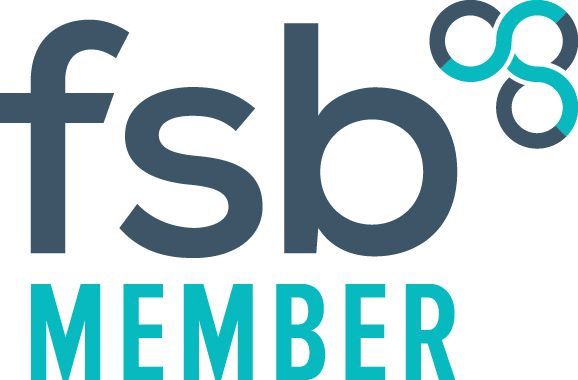Sustainability reporting has become an essential component of corporate responsibility, transparency and regulatory compliance.
In 2025, the UK is taking a significant step forward with the Enhanced Sustainability Reporting Standards (SRS), aligning domestic requirements with the International Sustainability Standards Board (ISSB) frameworks.
These new reporting standards aim to provide consistency, improve data reliability, and ensure businesses are accountable for their environmental, social and governance (ESG) commitments.
For UK businesses, understanding and adapting to these enhanced reporting standards is not just about compliance—it’s about building trust with investors, consumers and regulators, while demonstrating leadership in sustainability.
The UK Sustainability Reporting Standards (SRS) are designed to integrate with the ISSB’s IFRS S1 and S2 standards, providing a uniform framework for sustainability disclosures.
The goal is to:
• Improve transparency in ESG reporting across industries.
• Ensure comparability of sustainability performance data.
• Streamline compliance with international sustainability regulations.
Align financial and non-financial disclosures to provide a holistic picture of business impact.
These standards cover key aspects such as carbon emissions, climate risk assessments, social responsibility initiatives and governance structures, allowing businesses to present accurate, data-driven sustainability reports.
1. Strengthening Corporate Accountability
Investors, customers and stakeholders are demanding greater transparency in how businesses impact the environment and society. By implementing standardised reporting, companies can demonstrate real commitment to sustainability rather than making unverified claims.
2. Facilitating Regulatory Compliance
With the UK’s net-zero targets and ESG mandates tightening, businesses must align their reporting practices with evolving regulations. The SRS helps companies stay ahead of legal requirements, avoiding penalties and ensuring compliance with emerging policies like the UK Green Taxonomy and TCFD (Task Force on Climate-Related Financial Disclosures).
3. Improving Access to Capital
Investors increasingly rely on sustainability reports to assess long-term risk and opportunities. Companies that adhere to the UK SRS will benefit from greater investor confidence, better access to green finance and stronger positioning in ESG-driven markets.
4. Enhancing Business Competitiveness
Sustainability is now a competitive differentiator. Businesses that embrace transparent ESG reporting gain an edge by attracting eco-conscious consumers, securing sustainable partnerships and reducing reputational risks.
1. Review and Adapt Reporting Frameworks
Businesses should conduct a gap analysis to compare their current sustainability reporting against the new SRS requirements. This includes assessing carbon accounting methods, climate risk disclosures and ESG data collection processes.
2. Invest in Technology for ESG Data Collection
Enhanced sustainability reporting requires robust data collection and analysis. Companies should adopt AI-driven ESG platforms and automated carbon footprint tracking to ensure accurate, auditable and real-time sustainability data.
3. Engage Stakeholders in ESG Strategy
Aligning with the UK SRS means sustainability must be integrated into business strategy, not just treated as a compliance exercise. Cross-department collaboration—from finance and operations to HR and supply chain management—is essential for credible sustainability reporting.
4. Train Teams on Sustainability Compliance
With enhanced reporting requirements, businesses need to upskill employees and ESG teams. Investing in sustainability training and compliance workshops ensures internal stakeholders understand their reporting responsibilities.
5. Ensure Assurance and Third-Party Verification
As scrutiny around sustainability claims grows, businesses should consider third-party verification of ESG reports. External audits increase credibility and reduce the risk of greenwashing allegations.
The introduction of enhanced SRS marks a major milestone in the UK’s sustainability journey.
As stakeholders demand more transparency, investors prioritise ESG performance and regulators tighten reporting requirements, businesses that proactively adapt will be best positioned for long-term success.
Sustainability is no longer just an ethical consideration—it’s a business imperative.
Companies that embrace enhanced sustainability reporting will not only ensure compliance, but also build stronger brands, drive innovation and contribute meaningfully to the UK’s net-zero goals.


